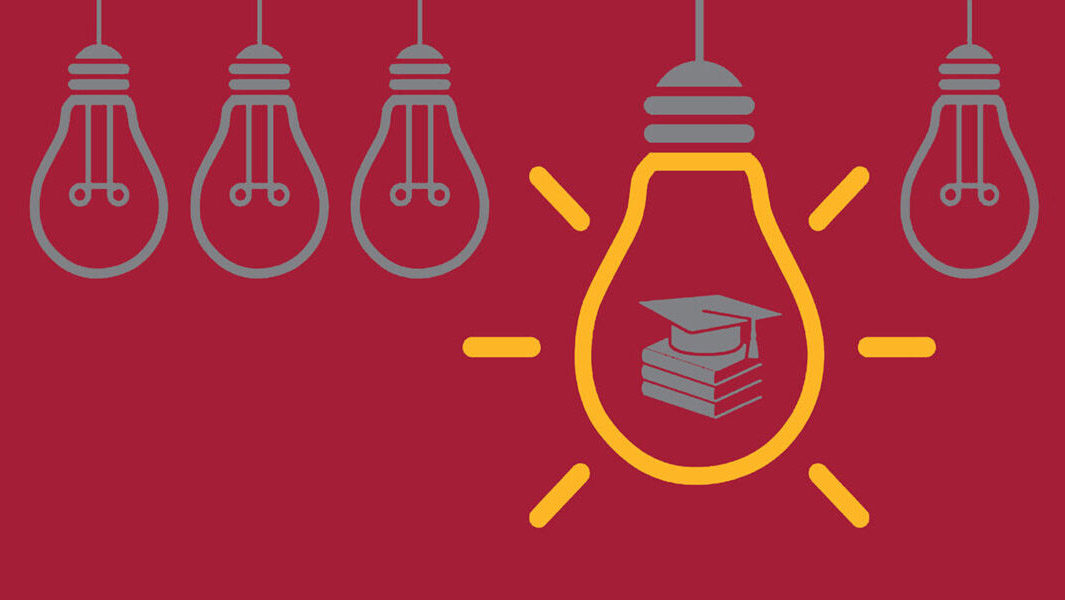
What is the Delphi Project?
The American academic workforce has fundamentally shifted over the past several decades. Forty years ago, full-time tenured and tenure-track faculty were the norm. But today, non-tenure-track, or contingent, faculty make up more than two-thirds of the professoriate in non-profit postsecondary education. These contingent faculty often encounter working conditions that constrain their capacity to provide the highest quality instruction and educational experience for their students.
The Pullias Center initiated the Delphi Project in 2012 to support a better understanding of the factors that led to this fundamental shift in the higher ed workforce, and the impact this shift is having on teaching, learning and student success.
Experts in Higher Education Creating New Faculty Models
We brought together more than 30 key experts from a broad cross section of higher education to participate in the Project’s initial research in 2012.
These participants completed surveys addressing key issues related to the changing composition of the professoriate, reliance on non-tenure-track faculty, and potential solutions –- all within the context of challenges facing higher education. Then, the participants convened to discuss alternative approaches, to question underlying assumptions, and to contribute to the creation of solutions to change the nature of the professoriate. The findings were disseminated in our initial policy report.
Since then, the Delphi Project has been guided by two meta-strategies:
- To create a vision for new, future faculty models for improving student success, and
- To build a broad base of stakeholder support for improving conditions facing non-tenure-track faculty.
To that end, the Delphi Project conducts original research on non-tenure-track faculty and produces important resources for use by leaders on campuses and among higher education organizations to create a better understanding of non-tenure-track faculty working conditions and the implications for student learning toward promoting change.
The Delphi Project continues to develop partnerships with a wide range of higher education organizations and institutions in our efforts to achieve these goals.